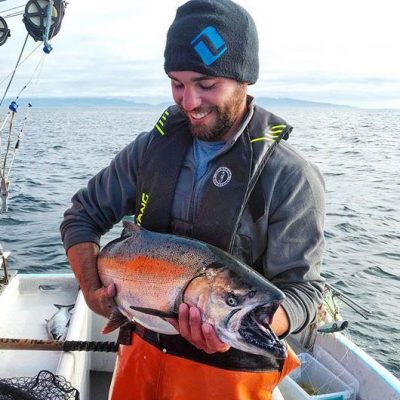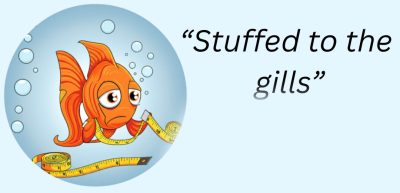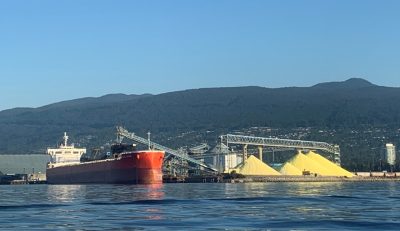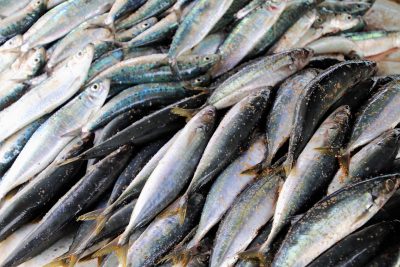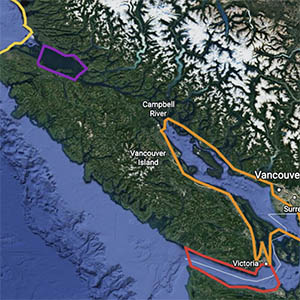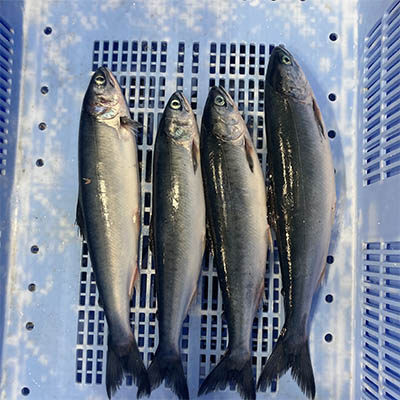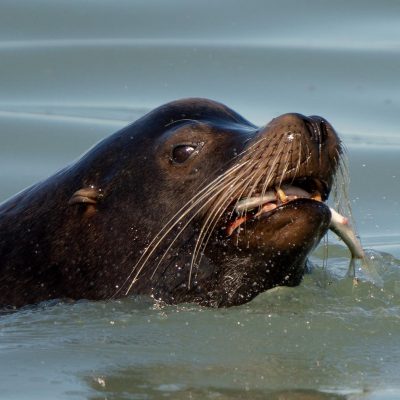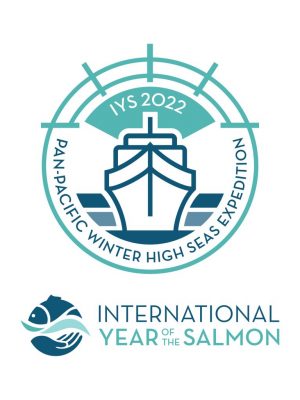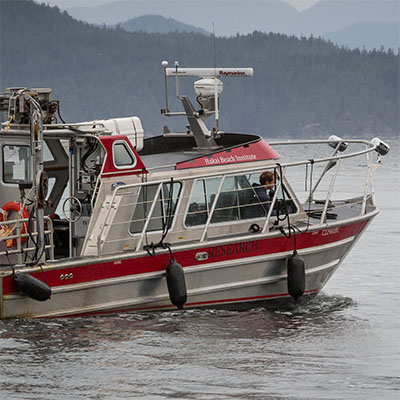When the ocean changes the rules for Wild Salmon
One of the threats salmon face has a deceptively gentle name: thiamine deficiency complex.
“Ocean Idioms” to teach you about our oceans
In honour of World Ocean Day, we present OCEAN IDIOMS!
Why what happens on the land is critical to the health of our oceans
What is the significance of these myriad small streams to the surrounding ocean, so important to people’s livelihoods, culture, and well-being in British Columbia?
Climate change will have an adverse impact on trophic amplification in marine food webs
Climate-driven changes in ocean environmental conditions — ocean warming, deoxygenation and acidification — are projected to affect the physiological functions of marine organisms, their geographic distributions, biological life cycles and total biomass.
Dr. Brian Hunt receives NSERC Discovery Grant to research the impacts of urbanization on the coastal ocean
Dr. Brian Hunt will receive an NSERC Discovery Grant for work on the impacts of urbanization on coastal oceans, specifically regarding ocean cities.
Expect shorter food chains in more productive coastal ecosystems
“We provided evidence for bottom-up omnivory in nutrient-rich temperate pelagic ecosystems, where food chain length is determined by the level of diatom production,” said Jacob Lerner. “This is very different from the global model for pelagic ecosystems.”
International Year of the Salmon Expedition helps IOF researchers map North Pacific food webs
For scientists in the IOF’s Pelagic Ecosystems Lab, the trip represents a chance to trace the outline of North Pacific food webs, in which salmon play a central role as both predator and prey.
Partnership between UBC researchers, marine stewards and K’ómoks First Nation spawns new microplastics findings
What they found helps illuminate the study of microplastics in the ocean, an area of pollution research that is garnering lots of attention due to the many unknowns about how these particles damage the health of organisms that ingest them.
UBC scientists sail the high seas for salmon
The third International Year of the Salmon Pan-Pacific Winter High Seas Expedition will continue to answer questions about a crucial salmon life stage that is poorly understood
These bodies of water are right next to each other, but oceans apart
Areas of B.C.’s coastal ocean may look similar from above water, but under the water, they can be completely different worlds, in terms of temperature, salinity, ocean acidification, and nutrient concentrations.
